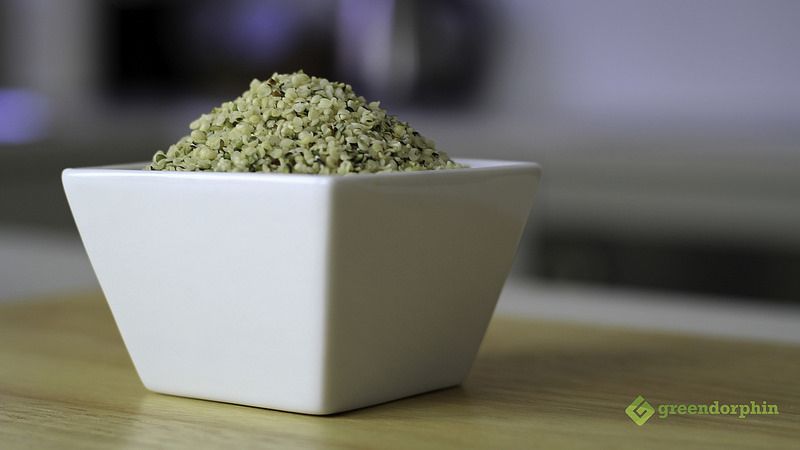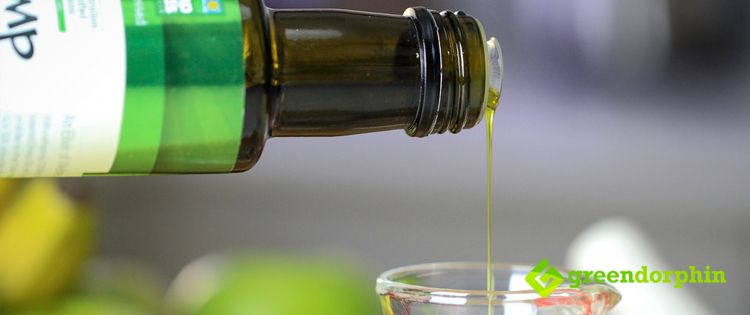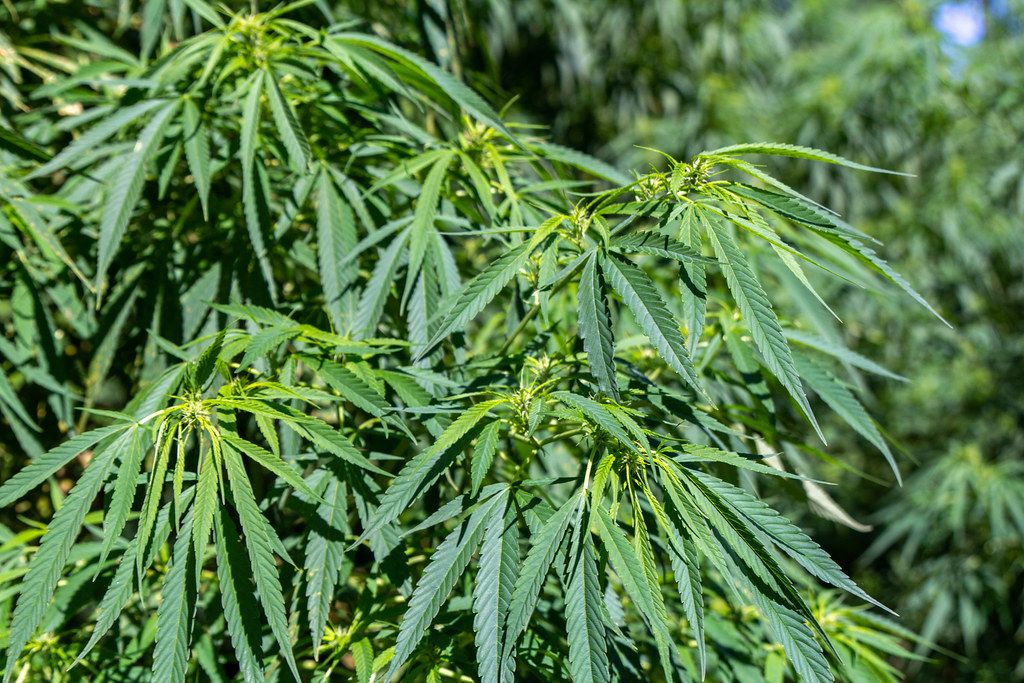The popularity of CBD oil as a plant-based product has grown substantially in the last few years. However, as a relatively new product, many consumers are still unfamiliar with cannabidiol oil and assume that hemp seed oil is the same thing.
While CBD oil and hemp seed oil are derived from hemp, the two have slightly different origins, different uses, and profoundly different effects on the body.
Let’s take a closer look at hemp seed oil vs. CBD oil.
Similarities Between CBD Oil and Hemp Seed Oil
Several similarities between CBD oil and hemp seed oil contribute to the confusion among consumers. Here is a look at how the two oils are alike:
- Origin: Both are derived from the hemp plant, a member of the Cannabis Sativa family
- Consistency: Hemp extract is very sticky and resinous. It’s typically refined and combined with a carrier oil to make it easier to use, which is why it ends up with the name “CBD oil.”
- Legality: Both are legal nationwide. However, consumers should check their individual state regulations
- Usage Methods: Both can be applied topically or ingested
- Intoxicating Properties: Neither is intoxicating
To further muddle the situation, some CBD companies and hemp seed oil manufacturers describe their products as “hemp oil,” even though the products have different intended uses.
Differences Between CBD Oil and Hemp Seed Oil
You may look at the list of similarities and mistakenly think that CBD oil and hemp seed oil must be a lot alike. However, these products have many distinctions.
Origin
While CBD oil and hemp seed oil are derived from the same plant, the two come from totally different parts of the plant. Hemp seed oil is extracted from the seeds. The seeds are harvested, and oil is derived via cold-press processes before being refined and bottled.

On the other hand, CBD oil is created by extracting cannabinoids from the flowers, leaves, stems, and stalks of the plant through various extraction methods. Those extracted constituents are then added to a carrier oil to create CBD oil.
Cannabinoid Content
Hemp seeds don’t contain high levels of cannabinoids, including CBD or THC. Therefore, hemp seed oil rarely contains CBD and does not contain any THC.
CBD oil contains CBD in various potencies, depending on the extract to carrier oil ratio, and can contain up to 0.3% THC, among other cannabinoids.
Nutritional Value
Hemp seed oil contains a list of nutrients, such as:
- Omega-6 and Omega-3 fatty acids
- Gamma-linolenic acid
- Vitamin B
- Vitamin D
Some nutritional supplements include hemp oil because of these nutritive qualities. CBD oil, however, is not known for its nutritive qualities.
History
Because it is not known for cannabinoid content, hemp seed oil has been around as a food and cosmetic ingredient for many years. CBD was only made legal with the 2018 Farm Bill, which legalized hemp crops—that maintained less than 0.3% THC by dried weight—for farming, production, and sale federally.
The True Difference: Uses of Hemp Seed Oil vs. CBD Oil
With the basic similarities and differences established, the most noteworthy difference between CBD oil and hemp seed oil is their intended uses. Hemp seed oil is primarily used as a food product, whereas CBD oil is used for its potential wellness benefits.
Hemp seed oil is often used for cooking. You can find the oil in most grocery stores and in many common recipes. Because hemp seed oil can deliver valuable properties to the skin and hair, you can also find it in skin and hair care products.

CBD oil is considered more of a health supplement. The CBD in the oil has been associated with several properties that could be beneficial for a number of ailments.
Some of those properties may support a healthy sleep cycle, management of everyday stressors, a sense of calm, healthy mobility, and normal recovery post-workout.
In addition to the CBD found in CBD oil, full-spectrum products may offer other valuable cannabinoids and terpenes, such as limonene and cannabigerol. These components complement the effects of CBD and may offer their own benefits towards wellness.
How to Pick Quality Hemp Seed Oil and CBD Oil
How do you find good quality hemp seed oil?
When shopping for a high-quality hemp seed oil, opt for unrefined, cold-pressed, and organic hemp seed oil, when possible, as these products tend to have the best nutritive value as there is a minimal amount of processing involved to destroy active compounds.
The best products will likely be contained in a dark glass bottle to protect the nutrients in the oil. Always look for an expiration date, and don’t trust any hemp seed oil that appears cloudy or has any kind of strong odor.

How do you find good-quality CBD oil?
Look for CBD oil made from American-grown, organic hemp plants. The United States has some of the highest agricultural standards for quality and safety.
Additionally, whole plant (full-spectrum) extracts tend to offer the best efficacy as it contains as close to the natural cannabinoid and terpene profile as the original hemp plant offering a more potent and balanced effect profile.
Also, look for products that have been tested by an accredited third-party lab. Companies that do this testing usually publish a Certificate of Analysis on their website that proves cannabinoid content and purity.
Final Thoughts on CBD Oil vs. Hemp Seed Oil
CBD oil and hemp seed oil may come from the hemp plant, but the differences are profound.
The active ingredients such as cannabinoids and terpenes that support the endocannabinoid system for the studied potential health benefits are found in the resin of the plant, concentrated in hair-like trichomes on the flower.
Whereas hemp seed oil is derived from the hemp seeds, which are rich in other nutritional properties but do not contain any cannabinoids or terpenes.
Both hemp seed oil and CBD oil deserve a spot in your life, albeit for different reasons.
We hope you find this post helpful about hemp seed oil vs. CBD oil. If you have any questions or comments feel free to share them below!
- Hemp Seed Oil Vs. CBD Oil: Similarities, Differences & Uses - August 24, 2021


